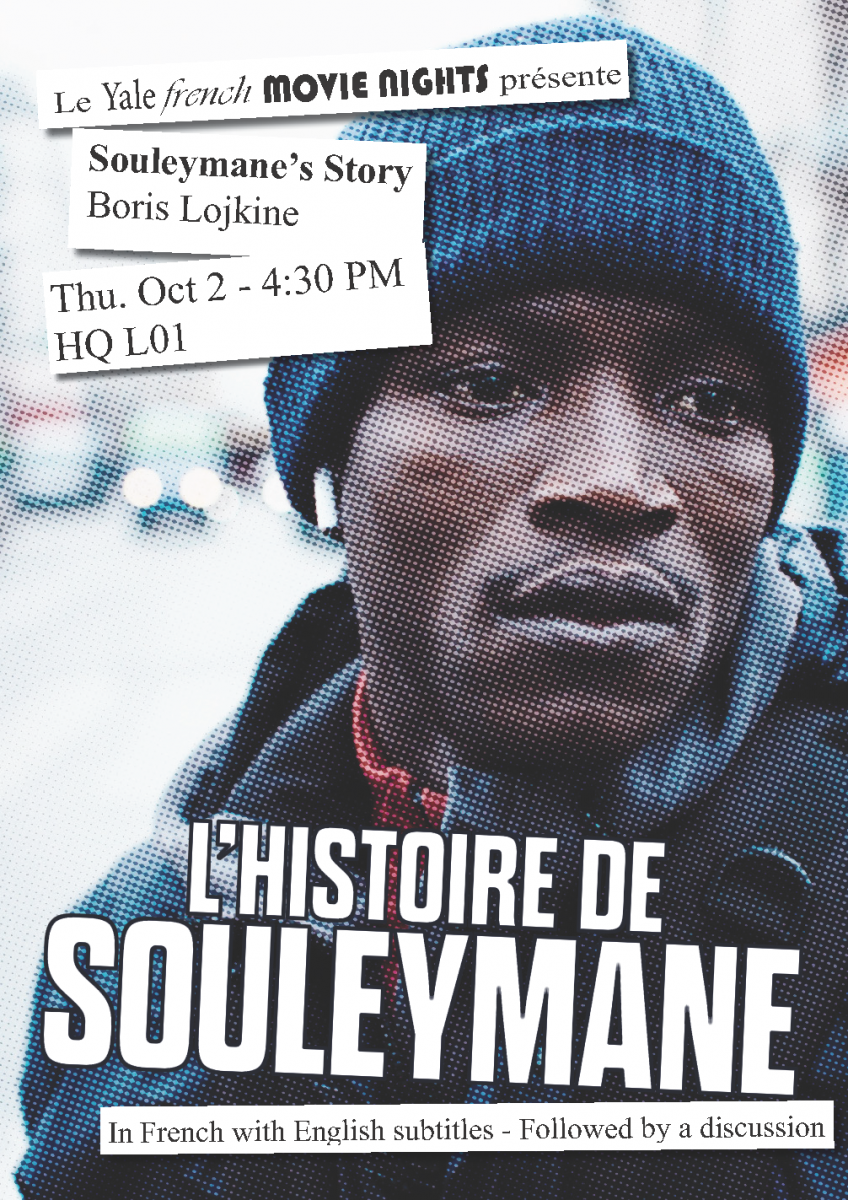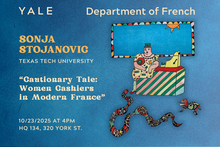French Ciné-Club – Dahomey (2024) by Mati Diop
The Yale French Department Ciné-Club, organized by Simon Reignier and Loïc Jan, and funded by Moliere and Co. Fund in memory of June Beckelman Guicharnaud is reinventing itself this year to offer a decidedly new and experimental experience. Each film presenting a different perspective around a shared theme, will challenge the way we see and think about cinema by moving beyond traditional formats to explore alternative forms and highlight today’s artists. The works, which engage with contemporary social issues shaping our societies, will be enriched by discussions, sometimes with guest speakers in attendance.Screenings are open to everyone in the Yale community. Films are shown in French with English subtitles.
We are thrilled to continue our Ciné-Club with Mati Diop’s Dahomey, winner of the Golden Bear at the 2024 Berlin Film Festival. In this poetic and political documentary, Mati Diop revisits the complex history of colonial restitution. Thousands of royal artifacts of Dahomey, a West African kingdom, were taken by French colonists in the 19th century for collection and display in Paris. Centuries later, a fraction returned to their home in modern-day Benin. This dramatized documentary follows the journey of 26 of the treasures as told by cultural art historians, embattled university students, and one of the repatriated statues himself.












